Cytokines
-
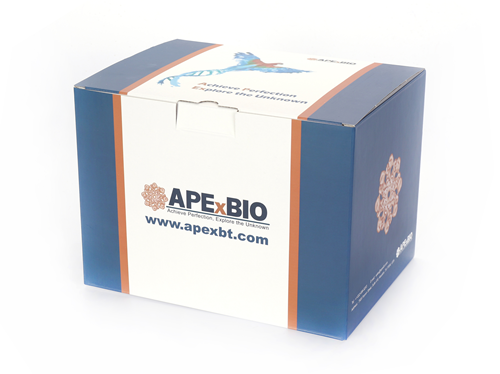 P1182 Recombinant Mouse CNTFSummary: Ciliary neurotrophic factor (CNTF) is a polypeptide hormone whose actions appear to be restricted to the nervous system where it promotes neurotransmitter synthesis and neurite outgrowth in certain neuronal populations.
P1182 Recombinant Mouse CNTFSummary: Ciliary neurotrophic factor (CNTF) is a polypeptide hormone whose actions appear to be restricted to the nervous system where it promotes neurotransmitter synthesis and neurite outgrowth in certain neuronal populations. -
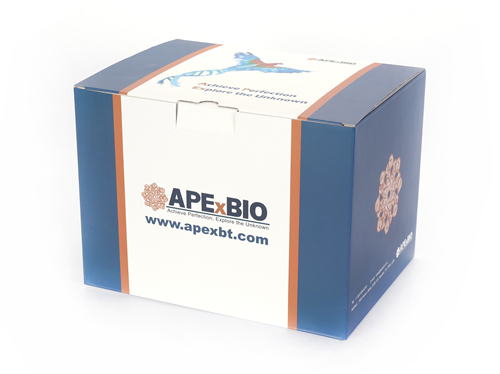 P1185 Recombinant Rat IL-1 alphaSummary: nterleukin-1 alpha (IL-1α) is a non-secreted proinflammatory cytokine produced mainly by activated macrophages, as well as neutrophils, epithelial cells, and endothelial cells
P1185 Recombinant Rat IL-1 alphaSummary: nterleukin-1 alpha (IL-1α) is a non-secreted proinflammatory cytokine produced mainly by activated macrophages, as well as neutrophils, epithelial cells, and endothelial cells -
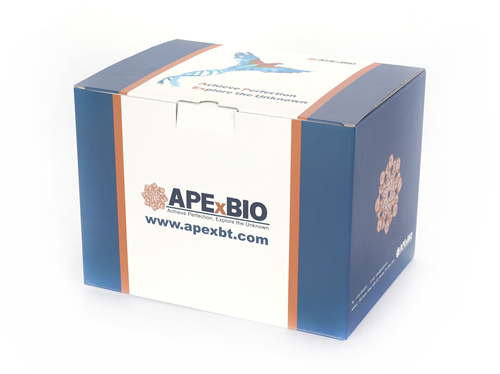 P1186 Recombinant Rat IL-2Summary: IL-2 is a powerful immunoregulatory lymphokine produced by T-cells in response to antigenic or mitogenic stimulation
P1186 Recombinant Rat IL-2Summary: IL-2 is a powerful immunoregulatory lymphokine produced by T-cells in response to antigenic or mitogenic stimulation -
 P1187 Recombinant Rat IL-4Summary: Interleukin-4 (IL-4) is a pleiotropic cytokine that induces differentiation of naive helper T cells (Th0 cells) to Th2 cells and produced by mast cells, activated T cells and bone marrow stromal cells
P1187 Recombinant Rat IL-4Summary: Interleukin-4 (IL-4) is a pleiotropic cytokine that induces differentiation of naive helper T cells (Th0 cells) to Th2 cells and produced by mast cells, activated T cells and bone marrow stromal cells -
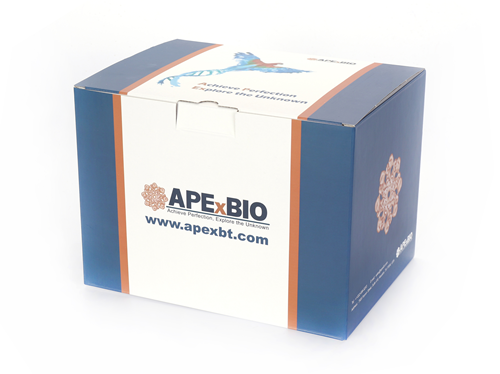 P1188 Recombinant Rat IL-5Summary: IL-5, also named B-cell differentiation factor I, eosinophil differentiation factor and TRF, is belonging to the cytokine family
P1188 Recombinant Rat IL-5Summary: IL-5, also named B-cell differentiation factor I, eosinophil differentiation factor and TRF, is belonging to the cytokine family -
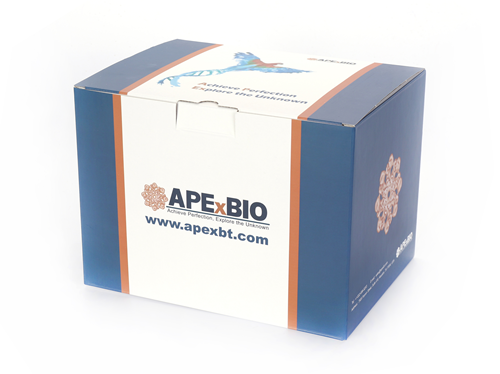 P1189 Recombinant Rat IL-7Summary: Interleukin-7 (IL-7) is encoded by the IL7 gene and secreted by stromal cells in the red marrow and thymus.
P1189 Recombinant Rat IL-7Summary: Interleukin-7 (IL-7) is encoded by the IL7 gene and secreted by stromal cells in the red marrow and thymus. -
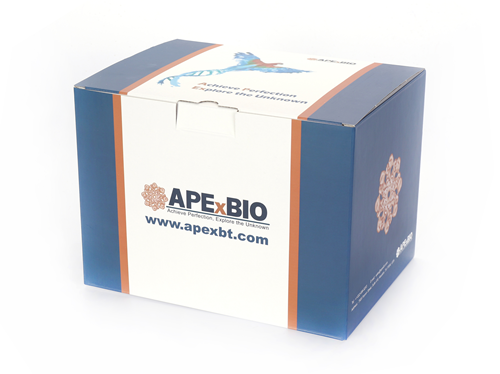 P1190 Recombinant Rat IL-9Summary: Interleukin-9 (IL-9) is encoded by the IL9 gene and produced by T-cells and specifically by CD4+ helper cells.
P1190 Recombinant Rat IL-9Summary: Interleukin-9 (IL-9) is encoded by the IL9 gene and produced by T-cells and specifically by CD4+ helper cells. -
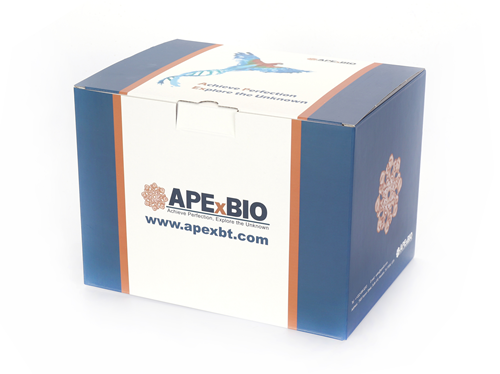 P1191 Recombinant Rat IL-10Summary: Interleukin-10 (IL-10), also known as cytokine synthesis inhibitory factor (CSIF), is the charter member of the IL-10 family of α-helical cytokines that also includes IL-19, IL-20, IL-22, IL-24, and IL-26/AK155.
P1191 Recombinant Rat IL-10Summary: Interleukin-10 (IL-10), also known as cytokine synthesis inhibitory factor (CSIF), is the charter member of the IL-10 family of α-helical cytokines that also includes IL-19, IL-20, IL-22, IL-24, and IL-26/AK155. -
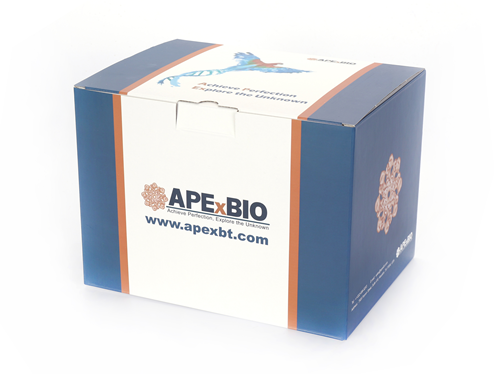 P1192 Recombinant Rat IL-13Summary: Interleukin-13 (IL-13) is expressed by the IL13 gene and secreted by many cell types, especially T helper type 2 (Th2) cells.
P1192 Recombinant Rat IL-13Summary: Interleukin-13 (IL-13) is expressed by the IL13 gene and secreted by many cell types, especially T helper type 2 (Th2) cells. -
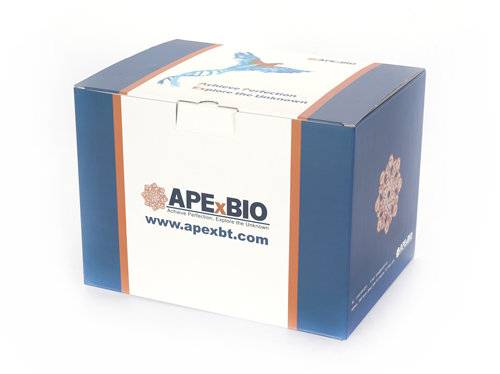 P1193 Recombinant Rat IL-17ASummary: IL-17A, also named CTLA8 and IL17, is belonging to the IL-17 family and is encoded by the IL-17A gene in humans
P1193 Recombinant Rat IL-17ASummary: IL-17A, also named CTLA8 and IL17, is belonging to the IL-17 family and is encoded by the IL-17A gene in humans

